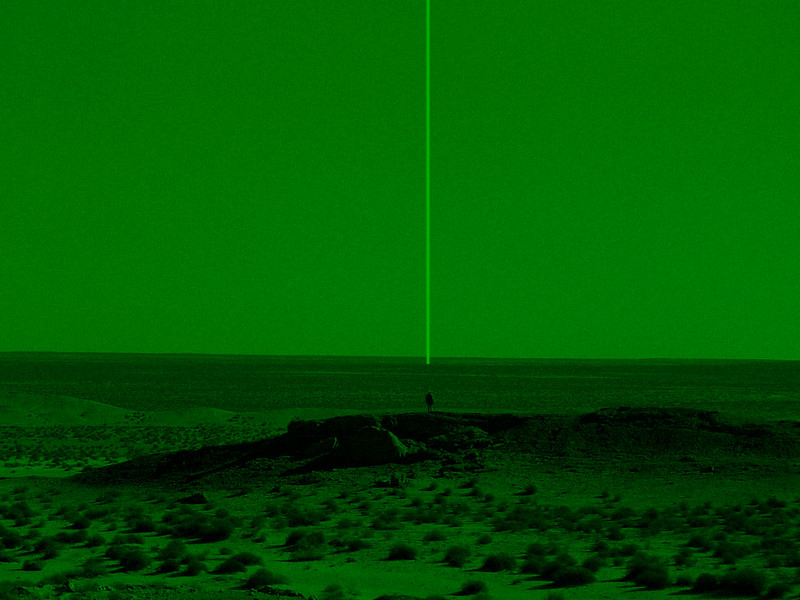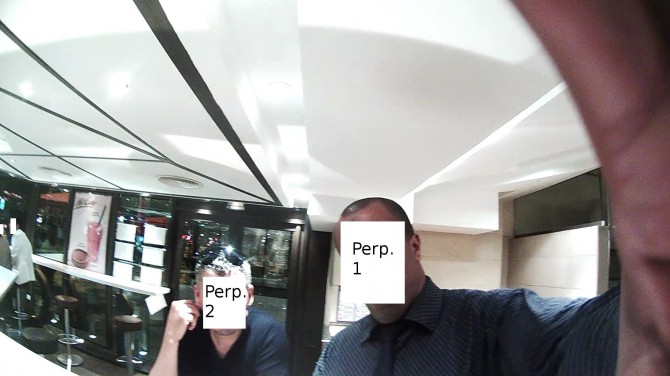“…our inability to describe and understand technological infrastructure reduces our critical reach, leaving us both disempowered and, quite often, vulnerable.”
James Bridle
“Again it comes back to infrastructure and how our inability to describe and understand reduces our critical reach, leaving us both disempowered and, quite often, vulnerable.
Opacity is an important word here too, as is the term ‘black box’. Most of our engineered communications infrastructure is not just extraordinarily abstract for people to come to grips with but is actively kept hidden. There are some valid reasons, of course, for keeping infrastructure hidden but the fact is it out of sight is being increasingly exploited in and out of supposedly democratic contexts, largely by surveillance initiatives we were never told about.
Engendering a healthy paranoia here, along with making work that ruptures the featureless skin of these black boxes – providing points of entry – is important to me currently. Infrastructure must not be a ghost. Nor should we have only mythic imagination at our disposal in attempts to describe it. ‘The Cloud’ is a good example of a dangerous simplification at work, akin to a children’s book. Such convenient reductions will be expensive in time as some corporations and governments continue to both engineer – and take advantage of – ignorance.”



